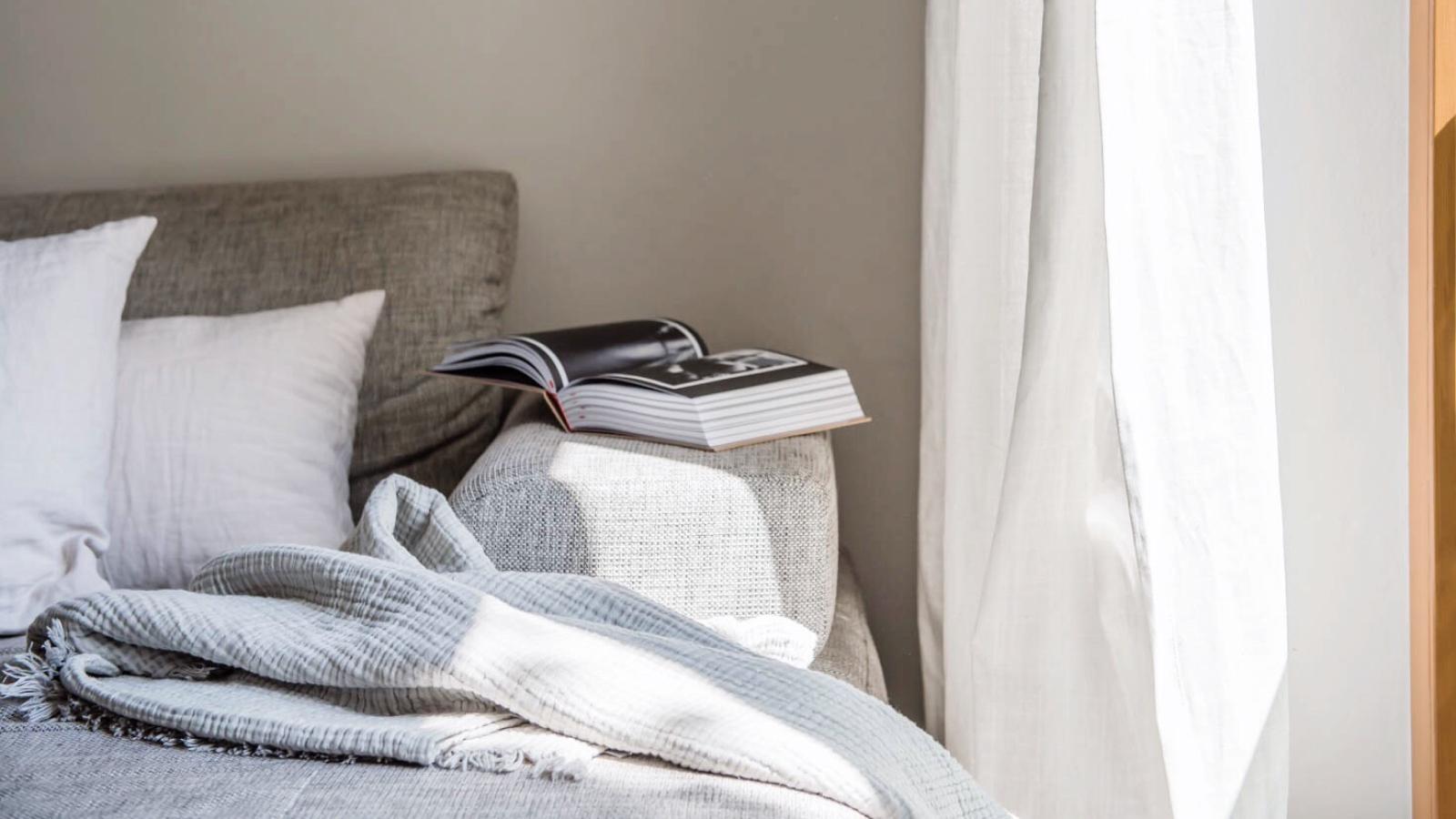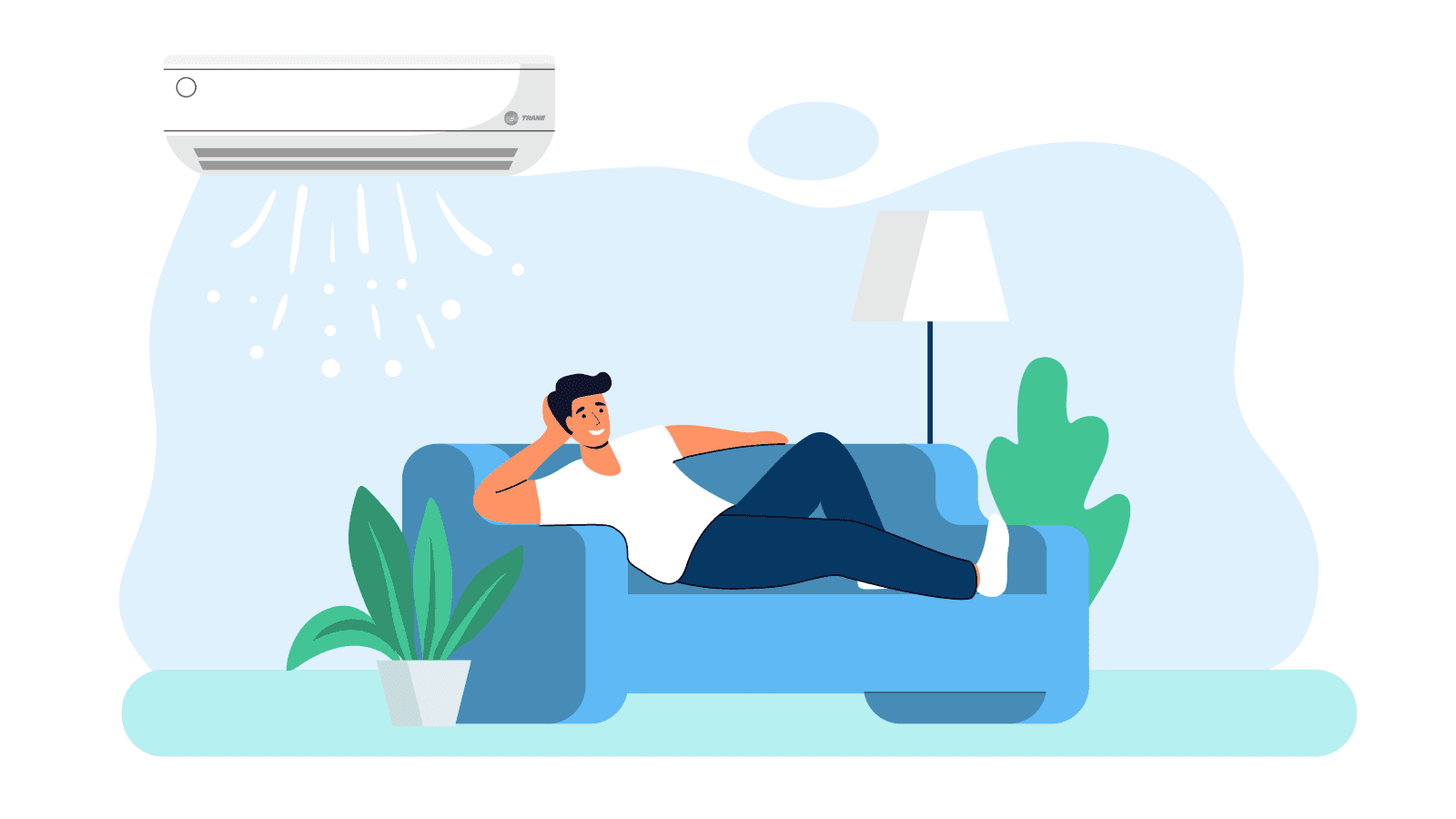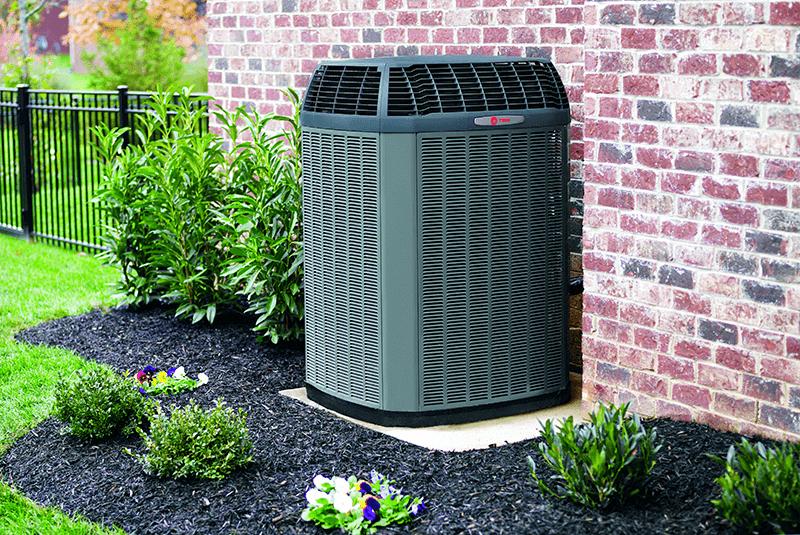Top Tips for Heating and Cooling an In-Law Suite
Add more living space to your property by adding an in-law suite with heating and cooling.
As families grow and time passes, needs change. One way to optimize your home for your family’s needs is by adding space - particularly an in-law suite. Contrary to its name, an in-law suite is not solely reserved for in-laws; it can serve as an ideal solution for accommodating extended family members and guests or even generating additional rental income.
Commonly converted from spaces like garages, basements, or attics, in-law suites provide a myriad of opportunities to enhance your property's functionality and value. If you're contemplating building an in-law suite, it's crucial to consider every aspect, especially how to heat an in-law suite in a way that ensures year-round comfort for your guests.
What is an in-law suite?
An in-law suite, despite its familial connotation, can be a versatile addition to any property. Beyond hosting in-laws, it can be used for elderly parents, adult children, or even as a rental unit. This living space is essentially a self-contained residence that is smaller in scale and typically located in close proximity to the main house.
In-law suites can take various forms depending on the available space and the homeowner's preferences. They might be converted from existing spaces within the main house, such as basements, garages, attics, or unused rooms. Alternatively, they can be built as separate structures on the same property, connected to the main house, or situated in the backyard. These suites typically include essential living amenities like a bedroom, bathroom, living area, and sometimes a small kitchenette.
In recent years, due to changing demographics and housing needs, many local governments have eased regulations to encourage the construction of in-law suites as a means to address housing shortages, provide affordable rental options, and promote multigenerational living.
Because they are often also home additions, building an in-law suite should involve the experts. From plumbing and permits to heating and cooling, homeowners should connect with contractors and building experts before building an in-law suite.
In-law suites & your HVAC system
One of the most important aspects of an in-law suite is the comfort of your guests. And one of the most important aspects of comfort is temperature. Read below for tips on heating and cooling your in-law suite and keeping your guests comfortable year-round.
Square footage
Since the square footage will be significantly smaller than a typical home, heating and cooling the in-law suite will require a less powerful system. Your local dealer can help you find an HVAC system configuration that will match the size and layout of your home's added living space.
Square footage is one of the most critical considerations in the cost to build an in-law suite. Given the smaller dimensions compared to a conventional home, the heating and cooling systems require thoughtful sizing to achieve efficiency without sacrificing comfort. Collaborating with a local Trane dealer can help you select an HVAC system configuration that aligns with the unique requirements of your in-law suite.
A system tailored to the specific size and layout of the space ensures an effective distribution of heated or cooled air, maintaining a comfortable environment regardless of the weather outside.
Ductwork
An essential aspect of designing the heating and cooling system for your in-law suite involves the decision regarding ductwork installation. Traditional central HVAC systems utilize ducts to distribute conditioned air throughout the space. However, for smaller living areas like in-law suites, ductless heating and cooling systems have gained popularity.
These systems, also known as mini-split systems, consist of an outdoor unit connected to one or more indoor air-handling units. These units can be strategically placed to optimize airflow and temperature regulation. Ductless heating and cooling systems minimize energy loss and allow for more flexibility in designing the interior layout.
Utility considerations
If your home’s added living space will be fed by both natural gas and electric lines, you'll have a wide range of heating and cooling options for your in-law suite. The availability of utilities, such as natural gas and electricity, significantly impacts the options for heating your in-law suite. If your new living space has access to both gas and electric lines, a wide array of HVAC solutions can be considered.
However, in cases where the suite relies solely on electric power, the range of available systems may be more limited. Collaborating with a local Trane dealer becomes even more crucial at this stage, as they can provide insights into the most efficient and effective HVAC solutions that align with your utility configuration.
If you will have ductwork, a heat pump system may be the solution. If you won't have ductwork, a ductless mini-split system may be the best choice.
Zoning
Zoning refers to the ability to control the temperature in different areas of your in-law suite independently. This can be achieved through smart thermostats or a multi-zone HVAC system. Zoning allows occupants to customize the temperature according to their preferences and occupancy patterns.
For example, if the suite has separate living and sleeping areas, you can adjust the temperature in each zone accordingly. Zoning not only enhances comfort but also contributes to energy savings by avoiding unnecessary heating or cooling of unoccupied spaces.
Energy efficiency
Energy-efficient heating and cooling not only contribute to your comfort but also to the cost of maintaining an in-law suite. Reduce utility bills and minimize your carbon footprint by investing in energy-efficient HVAC systems that meet or exceed industry standards.
Look for systems with high Seasonal Energy Efficiency Ratio (SEER2) ratings for cooling and high Heating Seasonal Performance Factor (HSPF2) ratings for heating. Proper insulation, weatherstripping, and sealing any gaps in the building envelope are also essential for preventing heat loss during winter and heat gain during summer.
Regular maintenance
Proper maintenance of your HVAC system is vital for its longevity and optimal performance when it comes to heating your in-law suite. Schedule regular inspections, cleanings, and tune-ups with your local Trane technician. This maintenance not only prevents unexpected breakdowns but also ensures that your system operates efficiently, saving energy and money in the long run.
Consult the experts: Contact your local Trane dealer
The concept of an in-law suite offers versatile living space options for various needs. When considering building an in-law suite (and the cost of building an in-law suite), it's imperative to consider the heating and cooling systems that will provide year-round comfort for your guests.
Sizing the HVAC system appropriately for the smaller dimensions, deciding on ductwork or ductless systems, and considering utility configurations, energy efficiencies, and zoning are all critical steps in the process. Leveraging the expertise of a local Trane dealer can guide you toward the best heating and cooling solution for your situation, ensuring that your in-law suite provides comfort and convenience.
By investing in a well-designed HVAC system for your in-law suite, you're not just expanding your property - you're enhancing your lifestyle and making your home more welcoming for guests. Your local Trane dealer can assess your specific needs, considering factors such as square footage, layout, utility configuration, energy efficiency, zoning, and maintenance to recommend an HVAC solution that balances efficiency, cost-effectiveness, and comfort.




